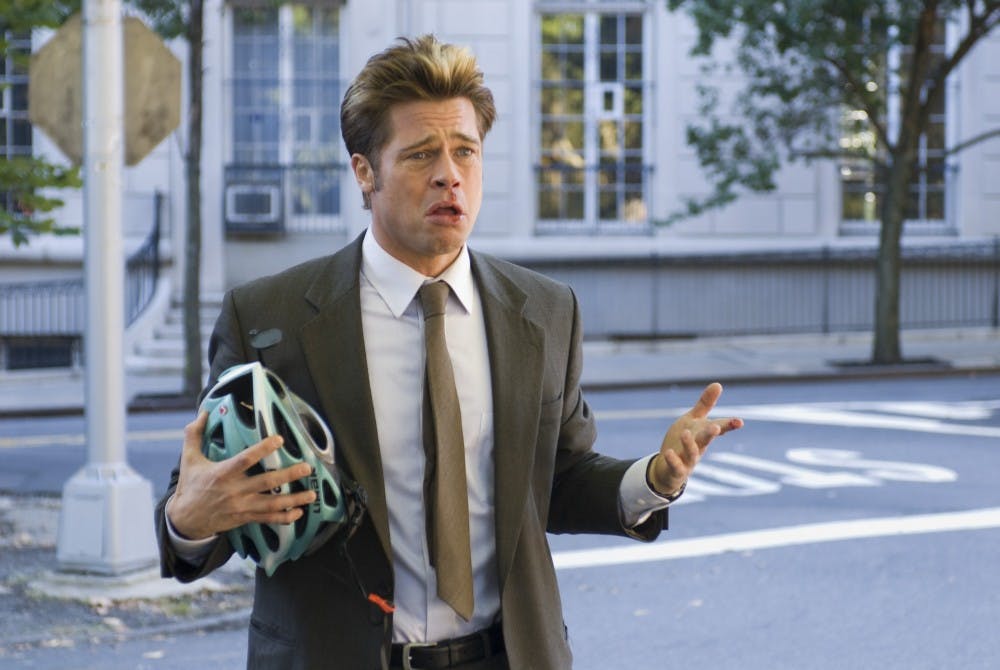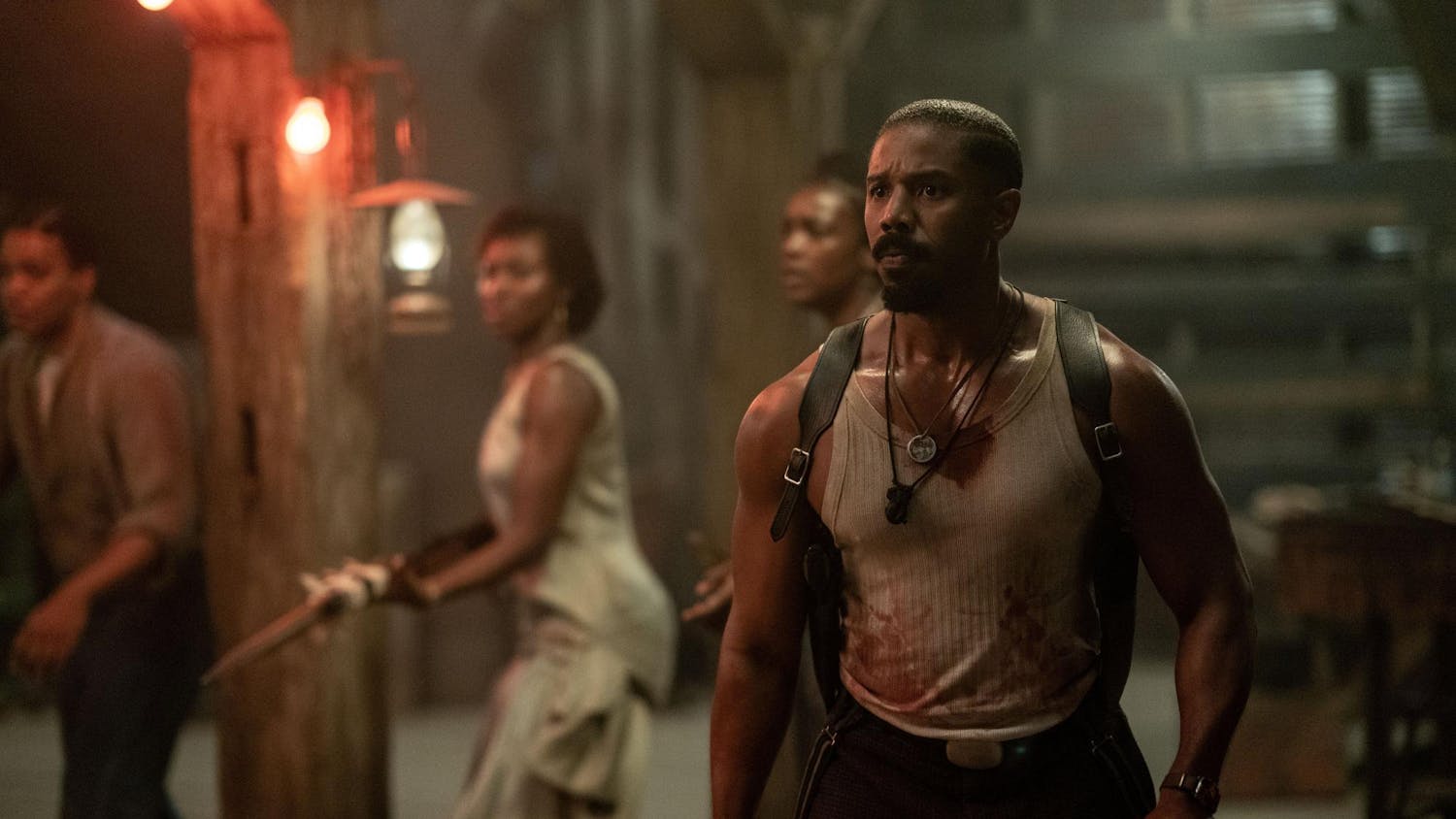The Coen Brothers’ absurdist political thriller/slapstick comedy “Burn After Reading,” is about the chaos that ensues when a CD containing the memoirs of a former government agent falls into the wrong hands. The film turned ten years old this week and like the majority of the Coen Brothers' positively incredible oeuvre, it remains an excellent work of storytelling as when it released, but has aged remarkably well.
While the aforementioned plot details are the instigating force behind the chaos that unfolds over the course of the film’s delightfully succinct 95-minute run time, the narrative yarn the brothers unspool here is decidedly less cohesive. In the tradition of “Fargo” and “O Brother, Where Art Thou,” it plays more like a series of loosely connected vignettes anchored firmly by the star power of the wonderful character actors they’ve brought together than a cohesive or straightforward film.
Following on the heels of the brothers’ beloved Cormac McCarthy adaptation “No Country for Old Men,” which earned them universal acclaim and their first Best Picture Oscar, “Burn After Reading” was dismissed by many upon release as a lesser work, not only because of its comic sensibilities, but also because of its flagrant disregard for narrative cohesion.
With "Burn After Reading," they emulate the spy thriller without any real concern for plot. They care about narrative mechanics only insofar as they lend the film momentum and structure, but in keeping with their best traditions, they reject traditional coherence in favor of utter chaos.
But that also enables them to create something tonally varied and thematically broad. Simply put, “Burn After Reading” is the Coens constructing a slapstick comedy that satirizes the norms of spy movies by inserting a cast of bumbling weirdo characters into the lead roles.Yet it also reads as an absurdist comedy that feels reflective of a general disillusionment with politics. "Burn After Reading" paints the turmoil of a traditional political thriller instead as literal farce carried out by a bunch of fools, but on a deeper level openly mocks government institutions and officials and focuses on an underlying sense of meaninglessness that pervades political thought in an era of confusing turmoil.
As such, there’s no need for overarching cohesion or meaning. Perhaps the movie’s most pointed mockery of establishment politics’ fundamental failures to make progress, or really to function at all, comes in its closing scenes, which dismiss the proceedings of the story entirely. Instead, the Coens tack on an epilogue featuring the always excellent J.K. Simmons that flagrantly satirizes the intricacy of spy movie narratives, but that also seems to deliver a simple and concise message – the people in charge achieve nothing.
Equally amusing are the inclusions of Frances McDormand and Brad Pitt as a pair of woefully – and also hysterically – incompetent gym staff seeking to use the chaos as a chance to blackmail the federal government. At times, their shenanigans verge on slapstick nonsense, but both are played with such charm and grace by such talented veteran actors that they feel vital to the film in spite of that, or maybe even because of it.
The Coens seem largely fascinated with their characters as a link or comparison point between the common man and the professional government agent. And by placing Pitt and McDormand in such central roles – they play the spies in a spy flick otherwise devoid of them – they playfully demolish the ideal of government workers as competent at all. Of note here are George Clooney and John Malkovich, who play eccentric and confoundingly inept federal employees whose shenanigans and shortcomings are laughably similar to those of McDormand and Pitt.
The point, it seems, is true to form for the Coens – that the government, and perhaps society at large, is a cesspool of buffoonery and meaningless farce, orchestrated by inept idiots.
The whole ordeal is so overtly goofy it’s easy to dismiss as mere juvenile antics. But this is, after all, the Coen brothers, and it’s hard not to read the film's gag about a trigger-happy U.S. marshal as indicative of some larger commentary, or the narrative as a whole as a parable for the brothers’ perceptions of the political world.
“Burn After Reading” might not be the directors’ finest or most memorable work – I’ll be the first to posit “A Serious Man” and “The Man Who Wasn’t There” for both categories – but it’s one of their most fun; a willfully juvenile and always amusing descent into the political absurd. That it’s held up so well after 10 years is a testament to the brothers’ strength as craftsmen and storytellers. That the political world has devolved to mirror its clownery and absurdities is perhaps of a greater concern.




